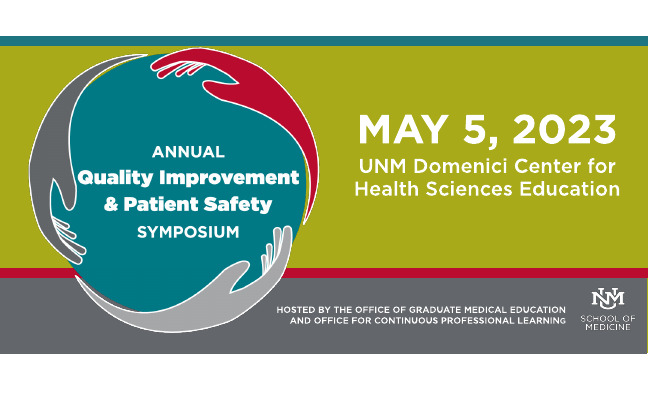Document Type
Poster
Publication Date
5-5-2023
Abstract
Eating disorders are a group of conditions characterized by severe disturbances in eating behaviors and associated with distressing emotions and thoughts. There are many subtypes with specific diagnostic thresholds. Major risk factors include female sex, age, low self-esteem, perfectionism, depression, anxiety, and genetic dysregulations. Prevalence data for American Adolescents is variable.
Currently, our institution does not have a consistent method for asking questions regarding nutrition and eating behaviors. The first step in identifying suspicious behaviors that could clue a provider into disordered eating is to ask questions regarding nutrition and eating behaviors in a standardized assessment.
For this quality improvement project, we plan to assess the need by evaluating a random retrospective review of 20 adolescent charts admitted in-patient over one year (May 2021-May 2022) and evaluate their confidential intake form. We will collect information that does not identify the adolescents. Based on this data, we will also issue a survey for 45 pediatric residents over their comfort, asking questions about nutrition during a confidential HEADSS exam. Our planned interventions will include education on the HEADSS assessment and encouragement to include questions regarding eating behavior. After the intervention, we will evaluate success with a retrospective chart review and evaluation of provider comfort levels. Our goal is to increase the number of Adolescents admitted to in-patient pediatric service who receive questioning on eating by 10% in the next three months and to increase comfort level with questioning. We hope this will improve the quality of care we provide to adolescents in our hospital and community.
Recommended Citation
Carracedo, Karen Abich; Kelsey Soppet; and Melissa Sanchez. "Increasing Nutritional Assessment for Inpatient Adolescents: A Quality Improvement Project." (2023). https://digitalrepository.unm.edu/hsc_qips/80




Comments
Poster Presented at UNM Health Sciences Center Quality Improvement & Patient Safety Symposium 2023